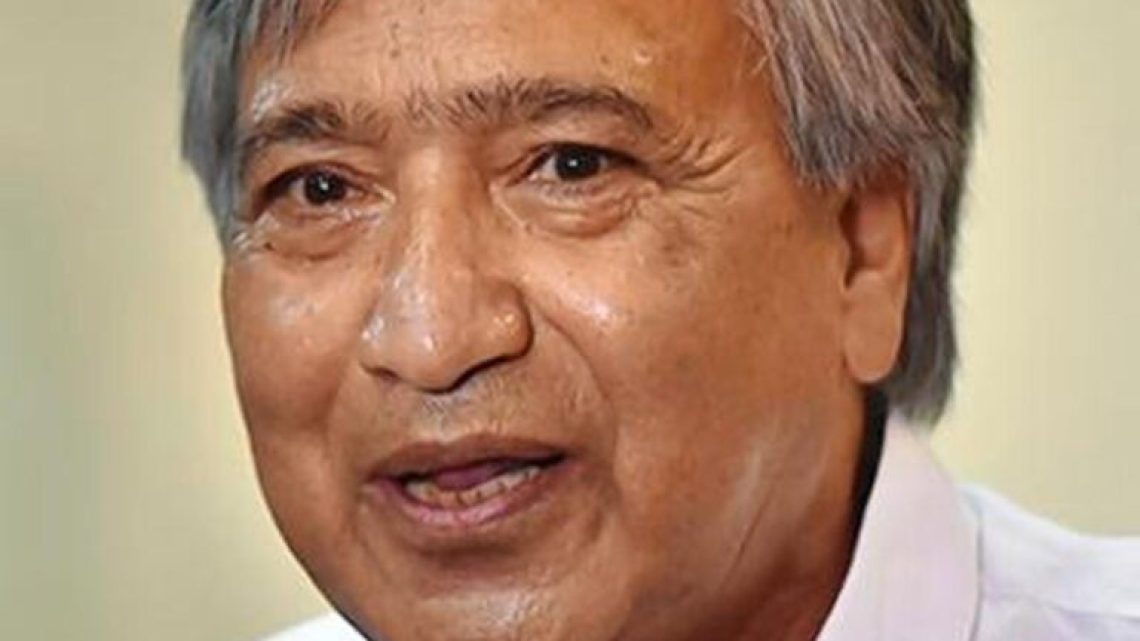
Tarigami Criticizes India’s Policy on Denying Jobs to Families of Freedom Fighters in IIOJK
May 31, 2024 Off By Sharp MediaSenior CPI (M) leader Muhammad Yousuf Tarigami has called for India to reconsider its policy of denying government jobs to the families of individuals involved in the freedom struggle in Indian illegally occupied Jammu and Kashmir (IIOJK). He warns that such a policy will ultimately prove “counter-productive.”
Tarigami addressed the media, expressing his concerns about the BJP-led Modi government’s approach. “This is not something unexpected from Indian rulers. The BJP-led Modi Government has been on this path, and this has been their policy across the country that if someone commits an offense, someone else bears the brunt,” he stated.
Tarigami, a former Member of the Legislative Assembly (MLA), pointed out that IIOJK has been a focal point of the Indian government’s punitive measures, primarily due to the Kashmiris’ persistent demand for their right to self-determination. He questioned the legality and morality of punishing family members for the actions of their relatives. “As far as Indian Constitution and law are concerned, where does it say that if someone demands his right, someone else will be punished? Does it mean their relatives will also be pushed on the same wrong path? Or is there a need to embrace them and bring them closer?” he asked.
The context of Tarigami’s criticism is rooted in a recent statement by Indian Home Minister Amit Shah, who declared that family members of freedom fighters and stone-pelters would be denied government jobs in IIOJK. This policy has been seen as a part of a broader strategy to suppress dissent and maintain control over the region.
Tarigami’s comments highlight the potential repercussions of such a policy. He suggests that instead of fostering peace and integration, the policy may alienate more people and push them towards the very paths the government seeks to prevent. The policy of collective punishment, where families are penalized for the actions of individuals, raises serious ethical and legal questions.
The denial of government jobs to families of those involved in the freedom struggle can exacerbate the socio-economic hardships already faced by many in IIOJK. This approach may deepen the sense of injustice and resentment among the local population, potentially leading to greater unrest and opposition.
Moreover, Tarigami’s remarks underscore a broader critique of the Modi government’s policies in Kashmir, which many perceive as heavy-handed and punitive. The long-standing demand for self-determination in Kashmir is rooted in historical and political grievances that require a more nuanced and empathetic approach rather than punitive measures that affect entire families.
To conclude, Muhammad Yousuf Tarigami’s call for India to rethink its policy of denying government jobs to families of freedom fighters in IIOJK brings attention to the potential counter-productive outcomes of such measures. His critique highlights the need for policies that promote inclusion and address the root causes of unrest rather than perpetuating cycles of punishment and alienation.

